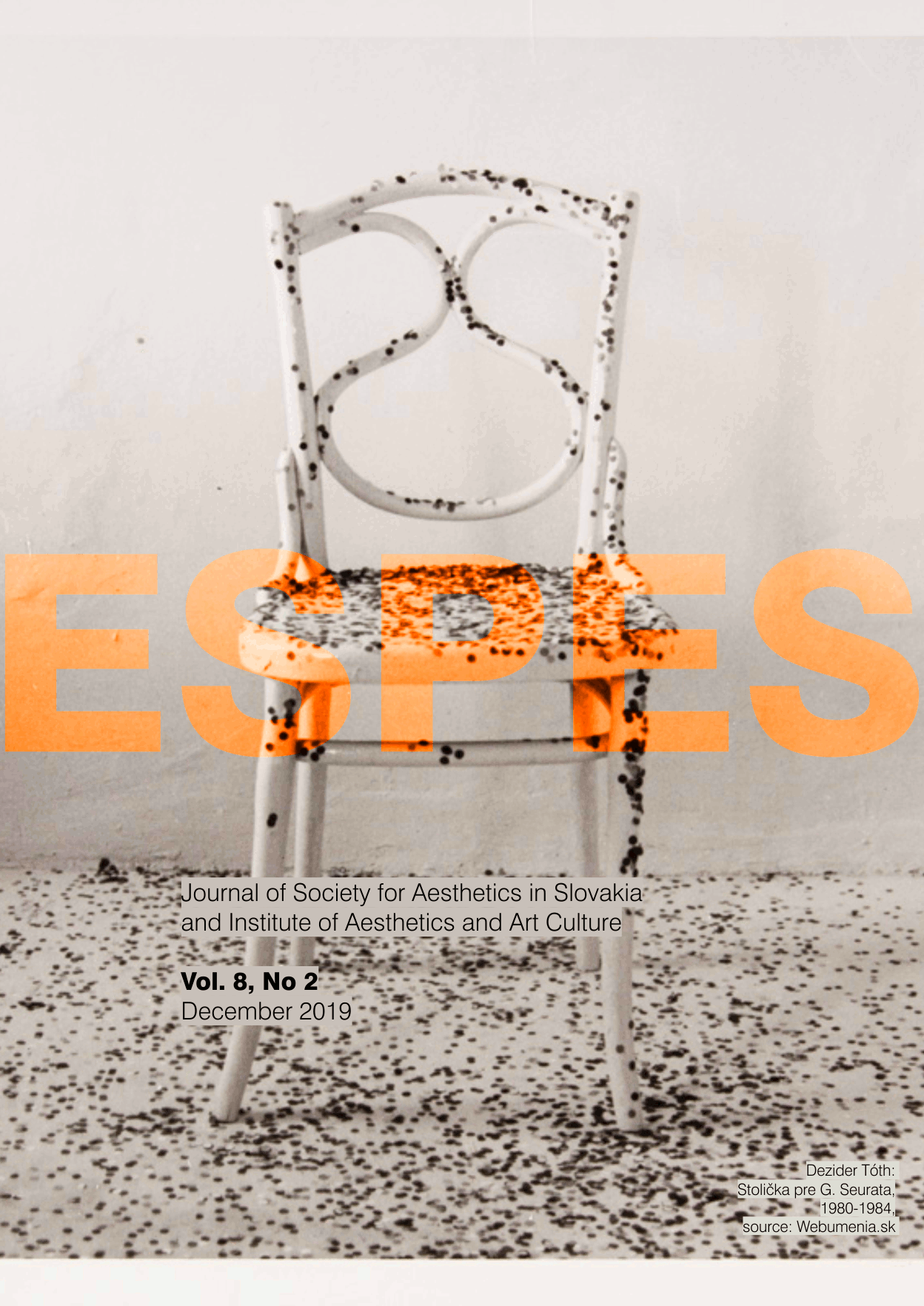Descriptivism in Meta-Ontology of Music: A Plea for Reflective Equilibrium
Descriptivism in Meta-Ontology of Music: A Plea for Reflective Equilibrium
Author(s): Lisa GiombiniSubject(s): Philosophy, Fine Arts / Performing Arts, Music, Aesthetics, Ontology
Published by: Spoločnosť pre estetiku na Slovensku a Inštitút estetiky a umeleckej kultúry Filozofickej fakulty Prešovskej univerzity v Prešove
Keywords: Meta-Ontology of Music; Descriptivism; Reflective Equilibrium;
Summary/Abstract: In this paper, I investigate one popular view in current methodological debate about musical ontology, namely, descriptivism. According to descriptivism, the task of musical ontology is to offer a description of the ‘structure of our thought’ (Kania 2008: 437) about musical works, as it manifests itself in actual musical practices. In this regard, descriptivists often appeal to our pre-theoretical intuitions to ground ontological theories of musical works.This practice, however, is worrisome, as such intuitions are unstable and contradictory. For example, there is a broad variety of intuitions in our musical practice concerning what counts as an authentic performance of a musical work. All such intuitions reflect at least a part of actual practice; however, they are in conflict with each other. This raises a problem, for how can they thus represent a reliable basis for our ontology? A further worry for descriptivism concerns the triviality of the knowledge it gives us access to. If, according to descriptivism, the task of musical ontologists is simply to codify the regularities found in our intuitive thought or discourse about practice, then how can the resulting theories be informative at all with regard to the object of their concern?
Journal: ESPES
- Issue Year: 8/2019
- Issue No: 2
- Page Range: 59-73
- Page Count: 15
- Language: English

